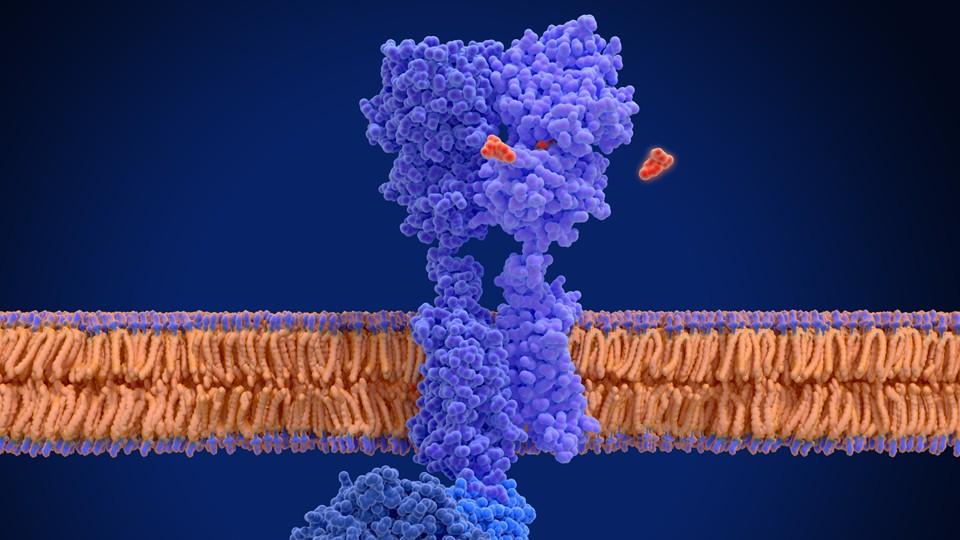Power launch excellence with generative AI

As debate about the usefulness and ethics of generative artificial intelligence (AI) continues, the pharmaceutical industry needs to consider the advantages it can offer, especially for increasingly complex product launches.
Consider the pharma market 20 years ago and now. Two decades ago, launches were dominated by primary care drugs, customer engagement was focused on achieving the highest share of voice, and launch efforts were predominantly rep-led. We are now, by contrast, in the specialty era, which brings a more complex patient journey with three to four, sometimes even more than seven, specialties. Customer engagement has also become more multichannel, and evidence requirements have increased, with payers demanding more integrated evidence.
On top of this, post-pandemic launch trajectories are underperforming and declining. Median cumulative sales of post-pandemic drug launches were 28% lower than they were pre-pandemic. This was seen for the first six months across the top eight markets in an analysis of innovative launches, and we know the first six months is a critical time period when determining long-term success. Only 20% or fewer struggling launches are able to significantly alter their trajectory thereafter.
The need for launch innovation
Generative AI presents game-changing opportunities to transform launch planning and execution. Its impact is being driven by three factors:
- the ability to analyse and learn from terabytes of structured and unstructured data;
- generate new content via text, images, or code;
- and become more intuitive and conversational, which helps overcome the hurdle of adoption and makes it more accessible.
GenAI can increase productivity across launch planning and execution through real-time, personalised, and smarter insights for content generation. It can answer complex questions such as “What are the drivers of launch success?”
Generative AI helps us to predict uptake curves and health technology assessment (HTA) outcomes and, through general capability models, to predict next events in the product life cycle.
Generative AI assistant
In drug launches, getting the right information and insights quickly is crucial. This is especially true for more complex product launches, which involve updating and generating hundreds of documents and multiple teams searching for information. By using large language models (LLMs) that perform a variety of natural language processing tasks, generative AI can assist marketing teams by optimising search and retrieval of information and insights.
Trained on online data and documents, a generative AI assistant can understand the semantic context of each query to return relevant results based on precisely what the user is looking for. This makes it easier for users to find what they need quickly and accurately, without having to sift through irrelevant content.
Rather than outputting results from a single source, a GenAI assistant can stitch together a response based on connecting information from various sources. This means the results of a query can be tailored to different personas and enable results to be based on preferences and determining the necessary information. Additionally, these assistants can be used to generate cognitive responses, which are the way in which individuals process, interpret, and respond to information. The generative AI assistant can share the logic behind the answers it produces, which in turn can instil confidence in the results.
Another area of launches where GenAI can accelerate the process is the medical, legal, and regulatory (MLR) review of marketing content. By training a generative AI model on sample promotional messages that received timely MLR approval, the model can closely emulate the flow of language and produce messages that have a high probability of getting through the review process. The model can also be used by market access teams to adapt global values.
Generative AI models can provide insights on drivers of launch success and account for the variation and impact of factors based on countries and markets. These models can also be used to evaluate timelines, such as looking at physician perceptions at six months after launch versus 12 months. And a well-trained generative AI model can answer specific questions to inform tactics. For example, it can compare the channel mixes of successful versus unsuccessful launches and determine the optimal channel mix.
We’re already seeing the impact of these GenAI assistants. One customer completed targeted literature searches in two weeks, compared to a previous norm of about six weeks. Other customers using generative AI realised a 50% gain in productivity in creating value dossiers (the information manufacturers submit to every payer to determine whether the product’s effectiveness justifies its proposed price). By using a conversational AI capability on top of anonymised real-world data, our customers were able to conduct the analysis 70% faster. This capability also democratised the analytics. For example, the team didn’t need to know programming, or the right international classification of diseases (ICD) or other codes to quantify the size of the segment. This expanded the utilisation of real-world data.
Enhancing customer engagement
Generative AI can lead to a better understanding of healthcare professional (HCP) segments, allowing for even more tailored engagement, bringing hyper-personalised messages a step forwards. As payers, providers, and physicians start using AI assistants to inform their prescribing and treatment decisions, pharma will need to start treating these AI assistants as another type of stakeholder segment.
Just as other industries are using AI-powered chatbots to train their salesforces, pharma can create a field force assistant for a launch. A generative AI field force assistant can be invaluable when launching in a new therapy area or a new indication, where you may not have the best understanding of your stakeholders.
This creation of “digital twins” personas can mimic the communication styles of HCPs and allow sales reps to have conversations on specific topics, facilitating difficult questions with new data and insights, advancing which answers best resonate for that particular persona, and increasing overall familiarity with different personas before reps go into the field.
The future of launch excellence is generative AI
Generative AI models can provide more clarity and focus for evidence-based decision-making by assisting, augmenting, and automating insights. Better visibility and access to insights encourages cross-functional collaboration and empowers teams. These insights allow teams to respond faster and with certainty to changing external and internal environments, and enable operational agility.
With the future being now, pharma needs to consider how generative AI can be incorporated into product launches. Generative AI does not just enable launch speed and efficiency, but it also improves the effectiveness of different work streams across the ecosystem, from being able to quickly process reams of data and generate insights for swift decision-making, to personalising customer engagement messages and getting messages through the MLR approval process more quickly. The advancing tech capabilities with generative AI can mitigate launch challenges to drive productivity, enhance decision-making, and elevate customer engagement to achieve launch excellence.













